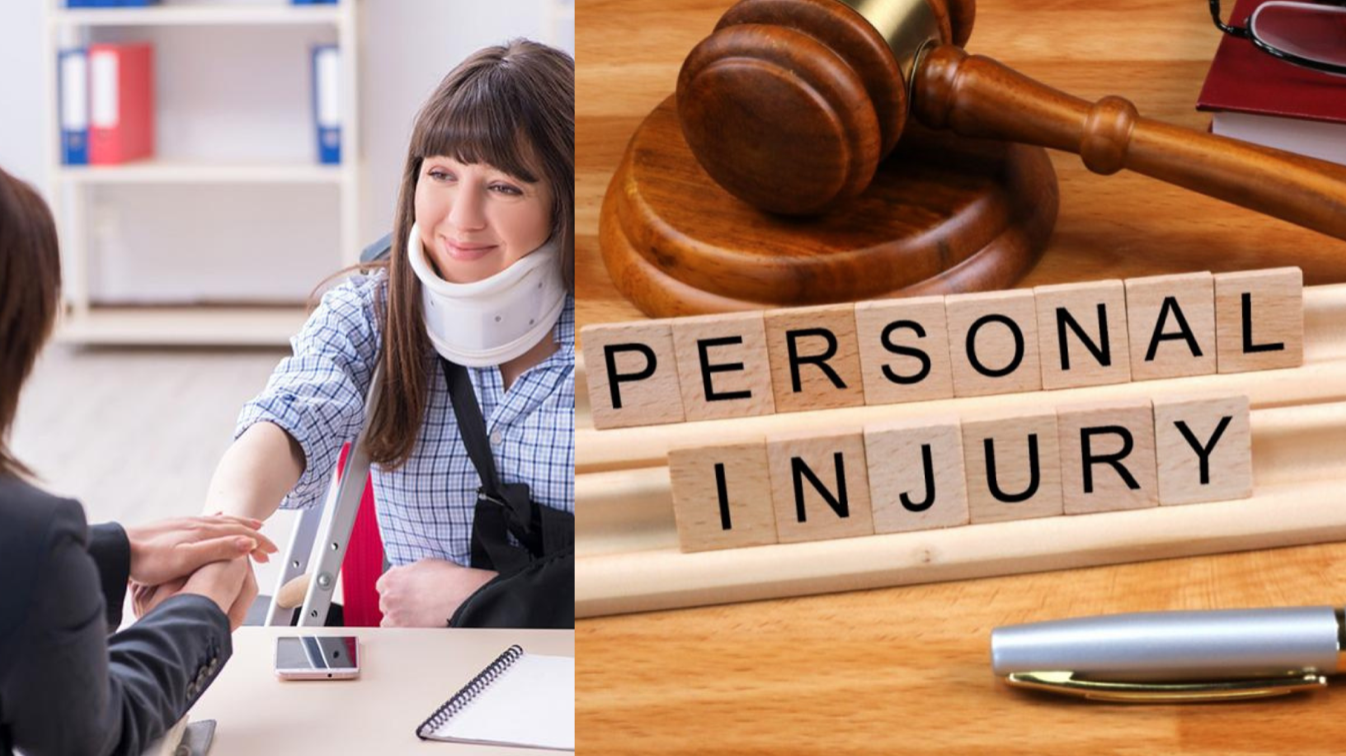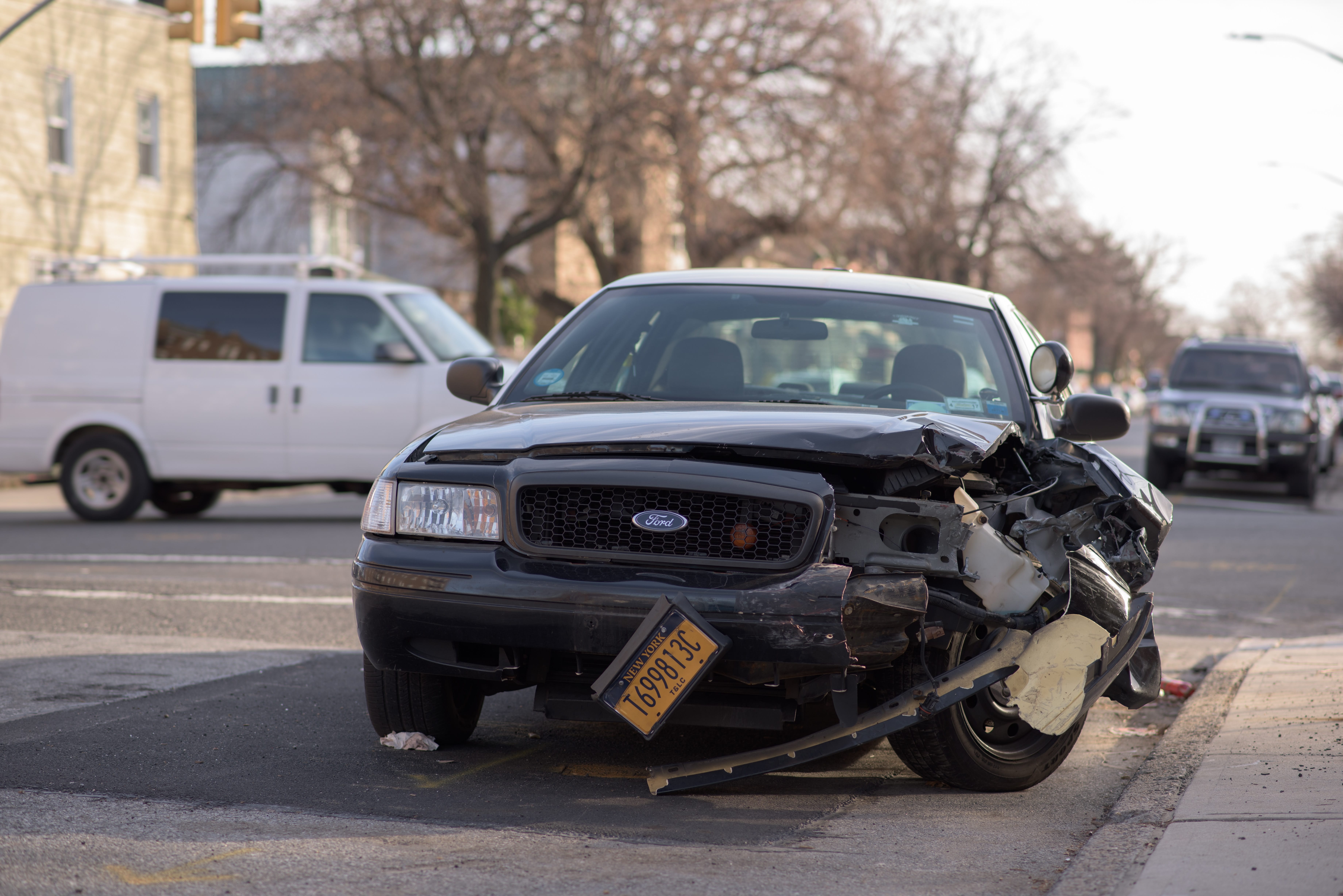If you’re experiencing the financial, domestic, relational, and/or emotional repercussions of a car crash, we encourage you to speak with a local compensation lawyer.
Car accidents can be costly: financially, domestically, relationally, and emotionally. If you’ve sustained physical or psychological injuries from a car accident, it’s important that you receive the compensation that you’re entitled to.
Compensation can offer peace of mind in several ways. On one hand, it can practically cover the often hefty financial damages that come with medical treatments, lost income, and required changes around the house to accommodate your injuries. On the other, it acts as recompense for the emotional distress you’ve experienced.
Whether your injuries are minor or major, ensure that you receive the maximum payout possible — read on to learn how.
A crash survivor received AU$690,000, covering medical treatments, lost income, and more
Recently, a mother and car crash survivors received a payout of AU$690,000 for her injuries.
The crash resulted in injuries to her shoulders, arms, and ribs. While some of her injuries healed in regular fashion, others were ongoing and resulted in our client being unable to return to her pre-injury state. This impacted multiple areas of her life, including her capacity to work.
The AU$690,000 that the crash survivor client received accounted for both the present and the future. It meant that her immediate needs were taken care of — medical bills, rehabilitation costs, and others — while also providing for her anticipated future expenses, such as ongoing medical treatments and the loss of earning capacity.
The impact of the crash cannot be undone, although compensation helps to make it more manageable. If you’ve experienced a car crash, it’s for this reason why it’s important to know what you’re entitled to.
The facts: Answers to 3 commonly asked car accident compensation questions
Let’s answer three commonly asked questions that folks have following a car accident.
1. What types of compensation can I claim?
There are two main forms of compensation: Economic damages and non-economic damages.
Economic damages refer to tangible financial losses, including the cost of medical treatments, rehabilitation, and changes around the home. This form of compensation also accounts for the income you’ve lost due to your injury and potential future impairments to your ability to work.
Non-economic damages are also referred to as ‘general damages’ and ‘pain and suffering.’ Non-economic damages is a payment for the emotional suffering you’ve endured because of your injury. Generally, the emotional suffering needs to be a recognised psychological impairment diagnosed by a Psychiatrist — depression, anxiety, and PTSD are common examples.
Car crash survivors who’ve experienced non-economic damages and/or significant physical injuries may be eligible for lump sum compensation. In certain jurisdictions, this is generally referred to as common law damages. The eligibility criteria for common law damages changes depending on the jurisdiction, but generally require the survivor to have experienced a 10% impairment from their pre-crash state, among other criteria.
For example, a car passenger was awarded AU$325,000 in compensation after being involved in a car accident where she sustained severe injuries and significant psychological harm. Her claim for non-economic damages was successful on the basis of proving that her overall impairment exceeded the 10% threshold.
2. Is there a time limit for filing a claim?
Time limits differ depending on the jurisdiction in which the car crash took place. The general rule: the sooner, the better.
If you’re able to file your claim within a month of the accident, that’s ideal. However, if some time has passed since the accident and you’re wanting to gain compensation, we still encourage you to speak to a compensation lawyer. There’s a possibility that your compensation entitlements may reduce because of the time that has passed, however a lawyer will inform you on your rights and let you know the best legal pathway forward for you.
3. What factors may influence the amount of compensation I receive?
The main factors that influence the amount of compensation you’re entitled to are:
- Contributory negligence: If you are found to have contributed to the accident, your compensation could be reduced proportionally to your degree of fault.
- Age: In certain circumstances, different deadlines and compensation eligibility criteria are required of minors.
- Extent of injuries: Generally, severe injuries result in higher compensation compared to minor injuries.
- The nature of the injuries: Whether your injuries are physical or emotional, temporary, ongoing, or pre-existing all impact your entitlements.
- Your area: Jurisdictions differ in their personal injury legislation, so it’s important to engage with a local personal injury lawyer for personalized legal advice.
Maximizing your compensation: When and why to engage a compensation lawyer
Compensation lawyers can support you to receive maximum compensation by helping you stick to deadlines, advocating for recompense based on your injuries, and navigating the factors that influence your entitlements.
They’re on your side to navigate the complexities of personal injury claims and make sure you receive what you deserve.

Car crash survivors commonly engage with a compensation lawyer in a free consultation to understand the legal process and their entitlements. Other examples where survivors commonly engage with a lawyer to maximize their compensation include:
- Challenging the insurer’s decision: Insurers may reject or underestimate claims. A personal injury lawyer can offer the necessary expertise to negotiate or contest these decisions, advocating for your rights and enhancing your chances of a positive outcome.
- Pursuing a common law claim: Navigating common law claims can be intricate. A lawyer can assist in ensuring you fulfill all required eligibility criteria and meet deadlines. Moreover, they can enhance your compensation through effective negotiation on your behalf.
- Adjusting compensation for a deteriorating condition: If your injuries worsen over time, affecting your ability to work and quality of life, a lawyer can help gather further medical evidence and reevaluate your claim to ensure you receive appropriate compensation for your changed circumstances.
If you’re experiencing the financial, domestic, relational, and/or emotional repercussions of a car crash, we encourage you to speak with a local compensation lawyer. Many personal injury law firms offer free, non-obligation consultations wherein the lawyer can assess your circumstance and guide you on the best legal course of action.


Join the conversation!